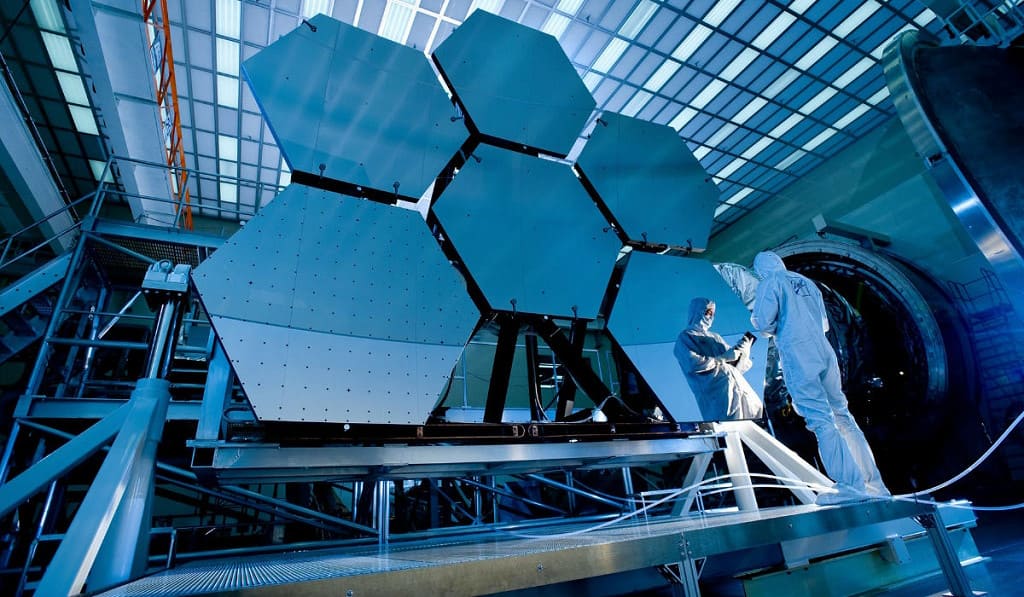
Copernicus Atmosphere Monitoring Service (CAMS) evolution
3.000.000€
Description
This opportunity aims to advance research and innovation in the field of soil-vegetation-atmosphere modelling and data assimilation of atmospheric constituents. The main goals are to improve the Copernicus Atmosphere Monitoring Service (CAMS) operational systems, enable accurate simulation of biogenic fluxes such as Volatile Organic Compounds (VOCs), and enhance monitoring of environmental policies. Focus areas include developing advanced numerical models, refining data assimilation techniques, and improving management of soils and vegetation to reduce health impacts from pollen and VOCs. Projects should also foster collaboration with Copernicus services and leverage satellite observations.
Admissible Projects
- Projects must follow the page limit and layout requirements as specified in the application guidelines.
- They must use satellite-based Earth observation, positioning, navigation and/or timing data, particularly Copernicus and/or Galileo/EGNOS services.
- Proposals must address the specific research topics outlined, such as advancing soil-vegetation-atmosphere modelling and data assimilation.
- Only one project will be funded under this call.
- All tools and methodologies developed must be transferable to CAMS operational systems.
- Software outputs must be released under an open license.
- Projects should integrate the gender dimension in their research if relevant.
Examples:
- A project developing new pollen source models using Copernicus satellite data for improved allergy forecasts.
- A partnership creating advanced data assimilation tools for monitoring VOC emissions across Europe.
- A research group designing methodologies to estimate deposition fluxes and ensure their integration into CAMS operations.
Eligible Expenses
- Personnel costs for researchers and technical staff
- Costs for purchasing and maintaining computing equipment
- Software development and licensing (must be open-licensed)
- Data acquisition and processing (including satellite data)
- Travel and subsistence for project meetings and dissemination
- Subcontracting for specialized tasks
- Costs for organizing workshops, seminars, or training
- Publication and communication costs
- Consumables and materials needed for research activities
- Project management and administrative costs
Restrictions: All costs must fit within the lump sum funding scheme and comply with the Horizon Europe Programme requirements.
Financial Information
- Total budget of the grant: 3,000,000€
- Number of grants available: 1
- Co-financing rate: 100%
- Budget per Grant: 3,000,000€
Eligibility Criteria
- Applicants must be based in eligible countries as described in the Horizon Europe Work Programme General Annexes.
- Projects must use Copernicus and/or Galileo/EGNOS satellite data and services.
- Other data and services can be used in addition to Copernicus and Galileo/EGNOS.
- Applicants from some non-EU/non-Associated Countries may be eligible if their country has made specific funding provisions.
- Only one project will be selected for funding.
- Applicants must ensure that developed tools and methodologies can be transferred to CAMS operational systems.
- Software outputs must be open-licensed.
- The gender dimension should be integrated in research content where relevant.
Get matched with our experts

Need help applying?
Copernicus Atmosphere Monitoring Service (CAMS) evolution
5
Specialized Consultants
SMART Application Package

Initial meeting to confirm eligibility.
Connection with the best specialized consultant for the incentive and industry.
Complete management and submission of application.
Timeline
May 22, 2025
Opening of Applications
The date when applications for the opportunity open.
Sept. 25, 2025
Deadline for Submission
The date when applications for the opportunity close.
May 22, 2025
Opening of Applications
The date when applications for the opportunity open.
Sept. 25, 2025
Deadline for Submission
The date when applications for the opportunity close.
